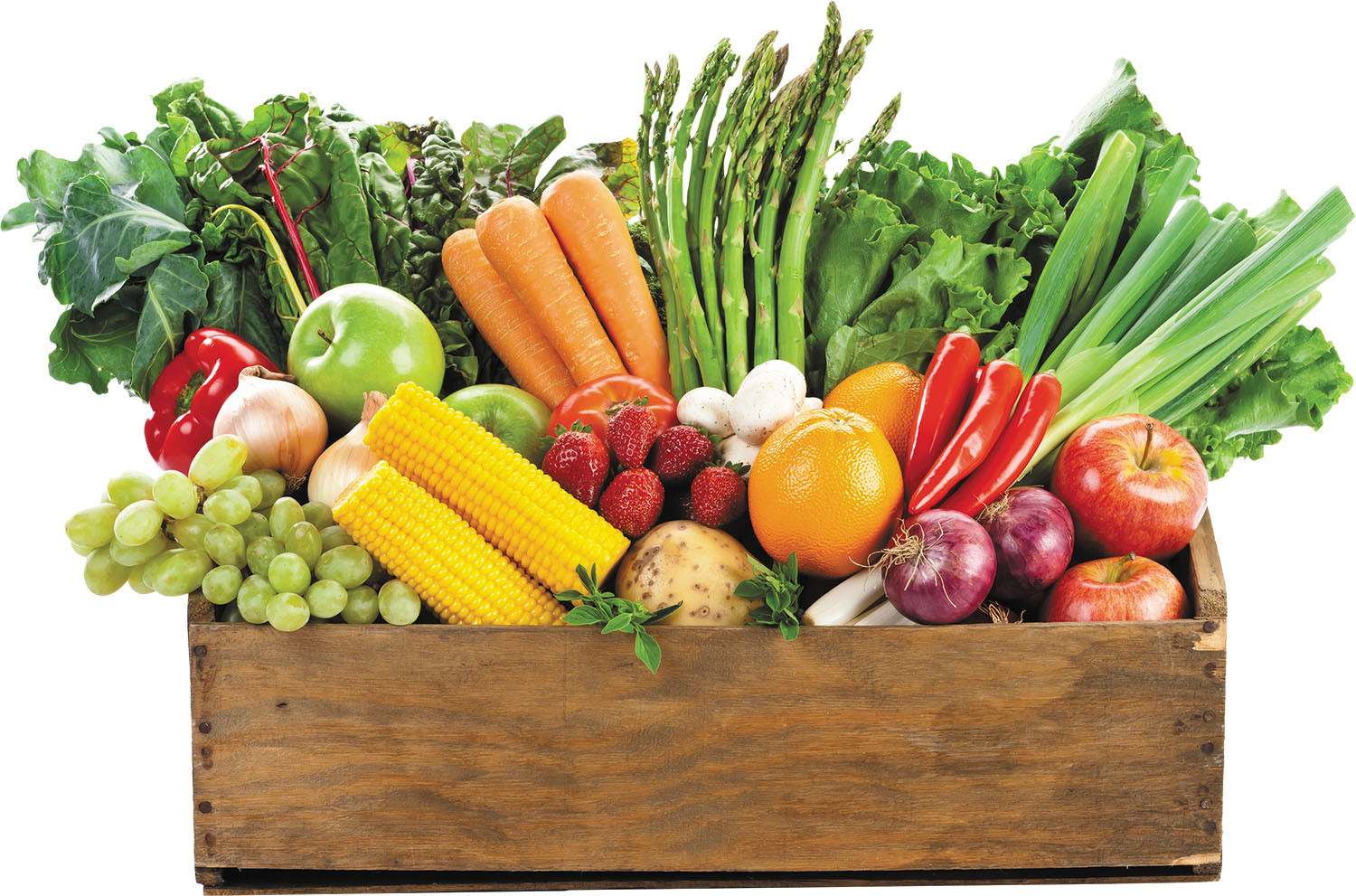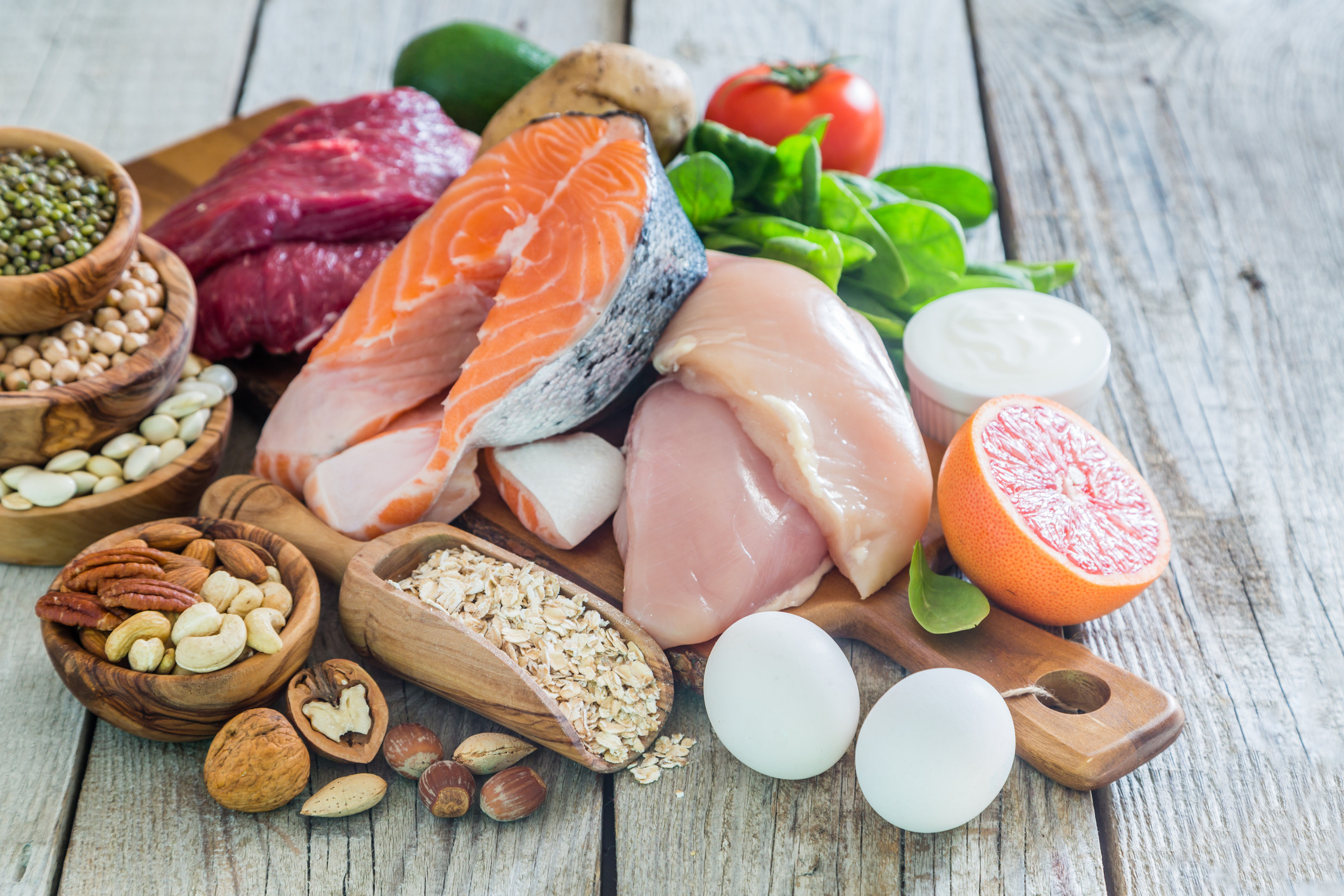
Respiratory health harms often follow flooding: Taking these steps can help

Tips to leverage neuroplasticity to maintain cognitive fitness as you age

Can white noise really help you sleep better?

Celiac disease: Exploring four myths

What is prostatitis and how is it treated?

What is Cushing syndrome?

Exercises to relieve joint pain

Think your child has ADHD? What your pediatrician can do

Foam roller: Could you benefit from this massage tool?

Stepping up activity if winter slowed you down
Diet & Weight Loss Archive
Articles
Why worry about your waistline?
Excess fat around your midsection is especially dangerous for your heart.
For decades, experts have warned that a big belly is more harmful to your heart than extra padding in your hips and thighs. A growing number of Americans now sport this unhealthy "apple-shaped" profile, according to the latest statistics from the CDC.
The average waist circumference for men is now 40.2 inches, up from the 39 inches recorded in the last survey, which was done in 1999–2000. Women's waist measurements also rose — from an average of 36.3 to 38.6 inches. That means that a majority of Americans now have belly sizes that put them at high risk (see "Gut check: How to measure your midsection").
Health by the numbers
People with fluctuating numbers — like blood pressure, cholesterol, and weight — may be at higher risk of heart attack, stroke, and even death.
Image: © RapidEye/Getty Images
Most people battle "yo-yoing" at some point, when their weight, blood pressure, or some other health number keeps going up and down.
On the surface, this may not seem like a problem if you routinely hit the healthy numbers. Yet new research suggests that fluctuations like this may pose a greater health risk than staying at a single level, even if it's not a perfect one.
Can you eat away at your cancer risk?
A healthy diet should go heavy on vegetables and skip alcohol, sugary drinks, and processed foods.
Image: © fcafotodigital/Getty Images
Most of the time when someone gets cancer, it's because of bad genes or bad luck. But as many as four in 10 cancers may be preventable. And diet likely plays an important role in reducing (or increasing) your risk.
It's no surprise that vegetables and fruits are thought to reduce cancer risk, according to Teresa Fung, adjunct professor in the Department of Nutrition at the Harvard T.H. Chan School of Public Health and faculty editor of Healthy Eating, a Special Health Report from Harvard Health Publishing (available at www.health.harvard.edu/special-health-reports). It probably also won't shock you to learn that bacon, fast food, and sugary drinks fall into the opposite category. But how can you know for sure which foods to eat and which to avoid?
Benefits of a healthy diet — with or without weight loss
Can you improve your health by changing your diet, even if you are unable to lose weight? Three studies examined different variations on the DASH diet, and all found improvements in blood pressure, plus lower LDL cholesterol and triglycerides in one instance — even without weight loss.
Can a low-carbohydrate diet help keep weight off?
Researchers found that a low-carbohydrate diet helped people who had lost weight to avoid regaining it, but the length of time the participants were studied may not have been sufficient to affirm the results. Still, reducing carbohydrate intake may be a good idea if you are trying to keep off lost weight.
Weight may determine how much aspirin is needed to prevent heart attacks
In the journals
Image: © sd619/Getty Images
Low-dose aspirin therapy has been shown to help prevent heart attacks, but a study in the Aug. 4, 2018 issue of The Lancet suggests men who weigh more than 154 pounds may need higher doses. Researchers analyzed 10 trials that evaluated daily aspirin therapy for cardiovascular disease prevention in 120,000 men and women. The study participants had no history of heart or vascular disease. The researchers found that low-dose daily aspirin — 75 to 100 mg — was associated with reduced risk for heart attack and stroke among both men and women who weighed less than 154 pounds.
However, there was no significant effect for heavier patients. (About 80% of the men in the study were among this group.) The reason? The researchers speculated that people with more weight also have higher amounts of esterase, an enzyme that reduces how much aspirin is available in the body.
10 behaviors for healthy weight loss
Trying to lose weight and keep it off can be frustrating, but adopting certain healthy behaviors in your food buying and eating habits can make the challenge of losing weight more manageable.
Antidepressants tied to weight gain
News briefs
Image: © adamkaz/Getty Images
We're learning more about the link between weight gain and several major classes of antidepressants, such as selective serotonin reuptake inhibitors (SSRIs), like sertraline (Zoloft), and tricyclic antidepressants, such as amitriptyline (Elavil). Research has shown that putting on pounds is a possible short-term side effect of the medications. But a study published May 23, 2018, in The BMJ suggests that antidepressants are also associated with sustained weight gain. Researchers analyzed the health information of more than 300,000 people in the United Kingdom (average age 51) who'd had their weight and body mass index measured at doctor appointments between 2004 and 2014. About 18% had been prescribed antidepressants. During the study period, people who took antidepressants had a 21% higher risk for a 5% or greater weight gain, compared with people who didn't take antidepressants. The risk peaked in the second and third years. There was no evidence of weight gain after seven years. The study was observational and didn't prove that antidepressants cause weight gain. But researchers hope the findings will encourage people to talk to their doctors about weight gain as a possible side effect of antidepressants, and plan for potential and even delayed weight gain if they're using the medications.
How to spot questionable nutrition advice
The Internet is rife with dubious dietary advice for heart health. Here's how to separate the wheat from the chaff.
Image: © mixetto/Getty Images
Surfing the Web nearly always involves running into a few ads, blogs, and articles about diet and health. Perhaps you also have relatives or friends who send you links about what you should (or shouldn't) be eating to lose weight, lower your blood pressure, or dodge heart disease.
You might be skeptical enough to avoid clicking on suspicious links, like those once-popular ads promising "one weird trick to banish belly fat." Yet sometimes the advice appears to be from a legitimate source — for instance, a purported world-class heart surgeon who's written books about diet and nutrition. But what if the recommendations run counter to what you've mostly heard about a heart-healthy diet? It's no wonder many people feel confused and frustrated about nutrition.
Open your heart to mindful eating
Strategies that cultivate self-awareness and compassion may help you lose weight and keep it off.
Image: © Dean Mitchell/Getty Images
Of all the recommendations for preventing heart disease, maintaining a healthy weight tops the list. Excess weight can raise your blood pressure, blood sugar, and cholesterol values, all of which harm the heart. But with about one in three Americans now overweight or obese, weight loss clearly remains a stubbornly elusive goal for many people.
One strategy that's gained traction in recent years is to focus less on what you eat and more on how and why you eat. How? By practicing mindfulness, which teaches you to focus on the present moment, while peacefully acknowledging and accepting your feelings and thoughts and the sensations in your body. Granted, that may sound a bit touchy-feely. But a review of a dozen studies, published in the March 2018 Current Obesity Reports, concluded that there is strong support for including mindful eating practices in weight management programs.

Respiratory health harms often follow flooding: Taking these steps can help

Tips to leverage neuroplasticity to maintain cognitive fitness as you age

Can white noise really help you sleep better?

Celiac disease: Exploring four myths

What is prostatitis and how is it treated?

What is Cushing syndrome?

Exercises to relieve joint pain

Think your child has ADHD? What your pediatrician can do

Foam roller: Could you benefit from this massage tool?

Stepping up activity if winter slowed you down
Free Healthbeat Signup
Get the latest in health news delivered to your inbox!
Sign Up











